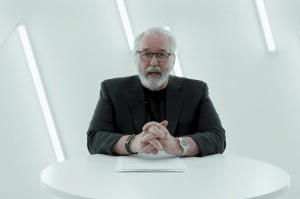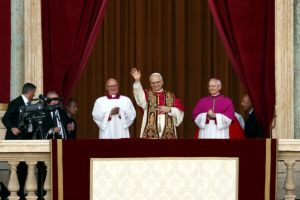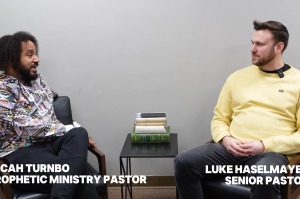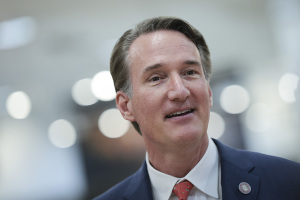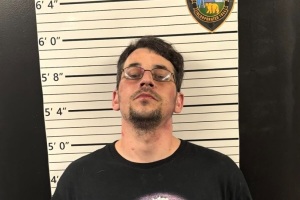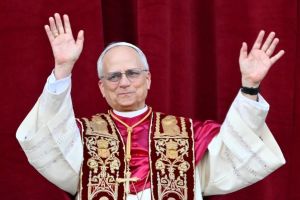Supreme Court rejects Nevada church’s request to secure eased COVID-19 restrictions
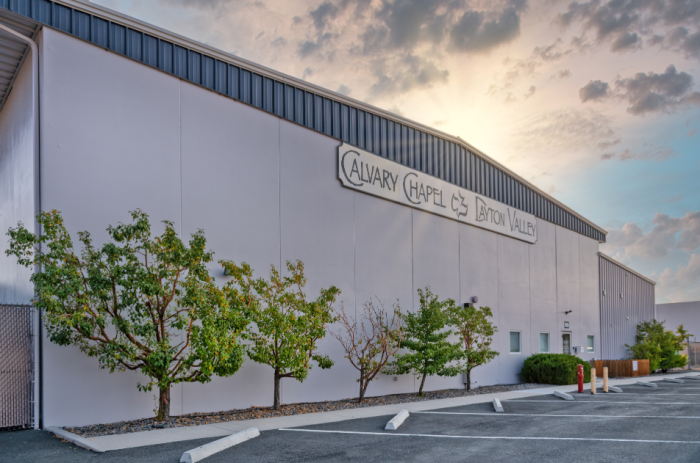
The United States Supreme Court has rejected a Nevada church’s request to clarify that houses of worship and comparable secular entities should be treated equally during the coronavirus pandemic.
Calvary Chapel Dayton Valley asked the high court to rule on the merits of Nevada’s in-person worship restrictions, arguing that they were stricter than others that have been struck down.
In a brief order released Monday without comment, the Supreme Court denied the petition of Calvary Chapel, even though the church had the backing of 19 attorneys general.
Calvary Chapel sued Nevada last May, accusing Governor Steve Sisolak of putting stricter limits on in-person worship gatherings than secular businesses like casinos.
According to the lawsuit, churches could only have 50 people in attendance regardless of the size of the building, while secular businesses like casinos and gyms could operate at 50% capacity.
After a district court ruled against the church, Calvary Chapel appealed to the Supreme Court, which in July of last year declined without comment to suspend the state restrictions.
Supreme Court Justice Neil Gorsuch authored a one-page dissent to the decision, arguing at the time that in Nevada “it is better to be in entertainment than religion.”
“Maybe that is nothing new. But there is no world in which the Constitution permits Nevada to favor Caesars Palace over Calvary Chapel,” he added.
Last December, a three judge panel for the U.S. Court of Appeals for the Ninth Circuit unanimously ruled in favor of the church, allowing churches to hold in-person worship services at 25% capacity.
In response to the circuit court ruling, Sisloak stated that he was “disappointed by the court’s decision,” but that he will “respect and will comply with this order.”
“I continue to encourage Nevadans to practice their religious faith in a manner that is safe for them and their families, particularly with the upcoming holidays,” stated the governor last December.
“I have often talked to Nevadans about my personal faith and I will continue to participate in virtual masses at this time.”
Earlier this month, the church filed a petition with the Supreme Court, having concluded that the circuit court ruling did not go far enough in giving them equal treatment to secular entities.
“This petition is the court’s last opportunity to issue a merits opinion this term settling how lower courts analyze the interplay between COVID-19 emergency orders and free-exercise rights,” read a brief sent by the church.
“It is critical for this Court to explain in a fully briefed and argued case the correct First Amendment analysis. Certiorari is warranted.”
















